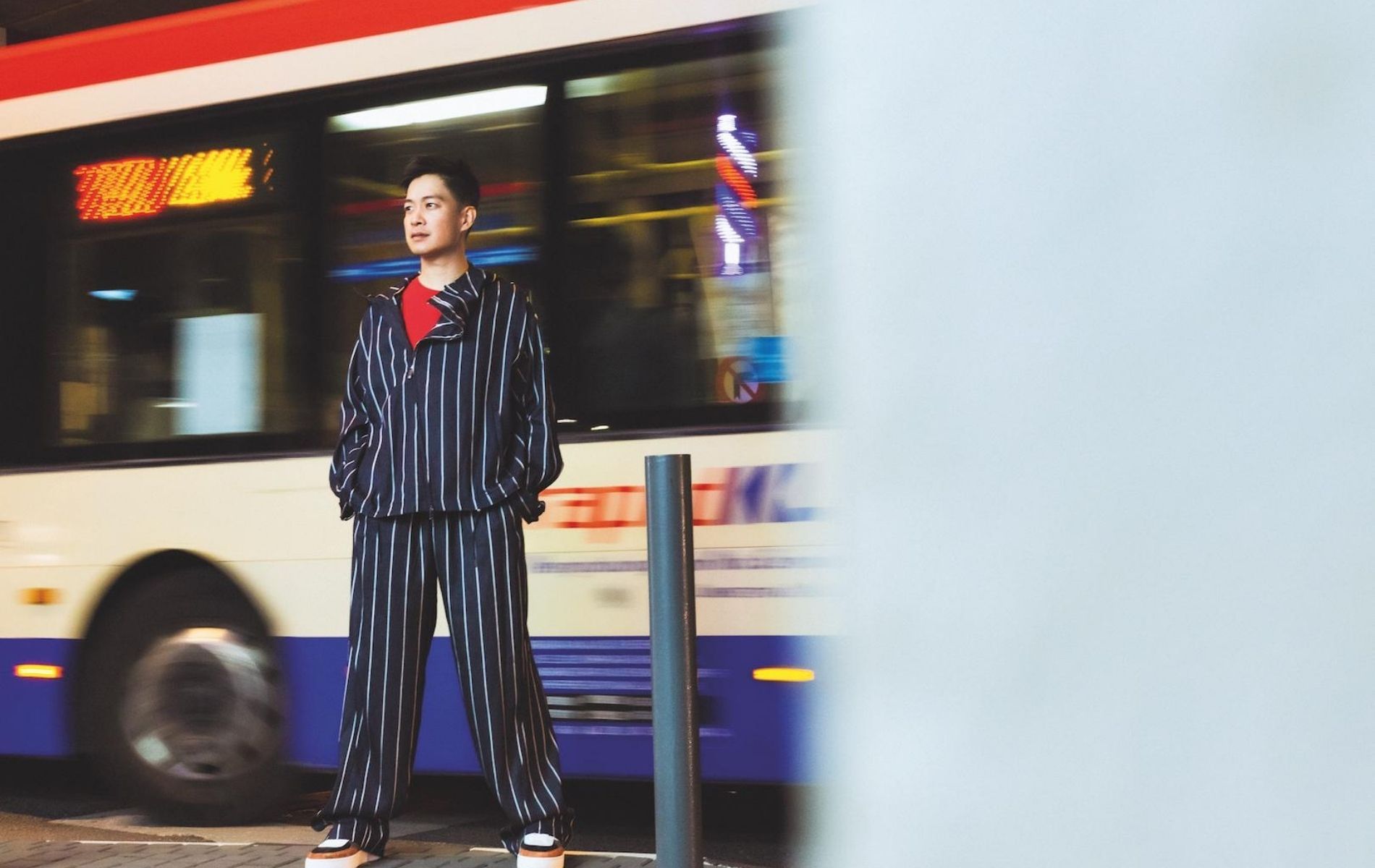Behind every film is a story with purpose and personality, and in Quek Shio Chuan’s acclaimed works, both are aplenty
Wen Guang—the protagonist of Quek Shio Chuan debut short film Guang in 2011—is shown sitting on a bus on his way to an upcoming job interview, scratching at the label on the inside of his collar as he recites under his breath a script his younger brother bade him to remember for the interview itself, which is written on the centre of his palm. The beginnings of Wacko’s Waltz begin to play in the background—a musical piece that the director’s sister, Quek Shio Yee, had composed for the film.
“Hello, my name is Wen Guang,” he carefully reads in Mandarin. “I’m 27 years old. I’m from Mantin, I have two years of working experience in a pub. I’m very friendly, approachable, cooperative.” The scene changes, and he’s seen walking in the middle of a bustling marketplace still muttering the words under his breath, eyes never once straying from his upturned palm. “Sometimes I may seem a little weird to you. But I really hope you can understand,” he continues.
“I have autism.”
See also: The Garden Of The Evening Mists: 9 Questions With Actress Lee Sinje
Invested in emotion
Stories of heart and home almost always strike a resonant chord with us, especially when they depict instances where we can’t help but empathise with the characters. Whether it’s the underdog that everybody roots for, the villain with a tragic backstory or the hero that constantly gets the short end of the stick in life, the key as to why we get emotionally invested in their stories is because we find them relatable. And for Quek’s works, this all-too-human aspect is apparent and is what makes them so compelling.
Before its feature film adaptation in 2018, Guang (which translates to mean ‘light’ in Mandarin) was already an award-winning short film with international acclaim; not only had it won the grand prize at the 2011 BMW Shorties, it had also earned itself a place in film festivals such as the 6th Alto Vicentino in Italy and the 7th Leiden International Short Film Experience in the Netherlands.
Described as a story of two brothers, Guang centres itself around the varying perspectives of autism; its main character, Wen Guang, the older of the two siblings, has ASD (autism spectrum disorder), thus giving us an insider’s look as to what he sees and experiences as a person on the spectrum.
See also: Netflix's 'Ghost Bride' Was Co-Directed By Quek Shio Chuan
In a 2014 interview with Tatler, Quek mentions that “it was easier to tell stories from the heart”, as they didn’t need to craft a fictional storyline. And while it’s a known fact that Guang was based on the director’s older brother, who has autism himself, the reasoning behind Quek choosing to tell his brother’s story was this: “Growing up, my parents would tell me that my brother was special—that he was different. And he is. He’s the most interesting human being that I’ve ever met.
“The things he enjoys, the things that he finds interesting, the way he reacts to negative experiences. There were times when I saw that it was hard for him to express his feelings, and that made me realise that he was a hero in his own way. Which is why I thought to myself that if I had to tell a story, then I’d want to tell my brother’s.”


